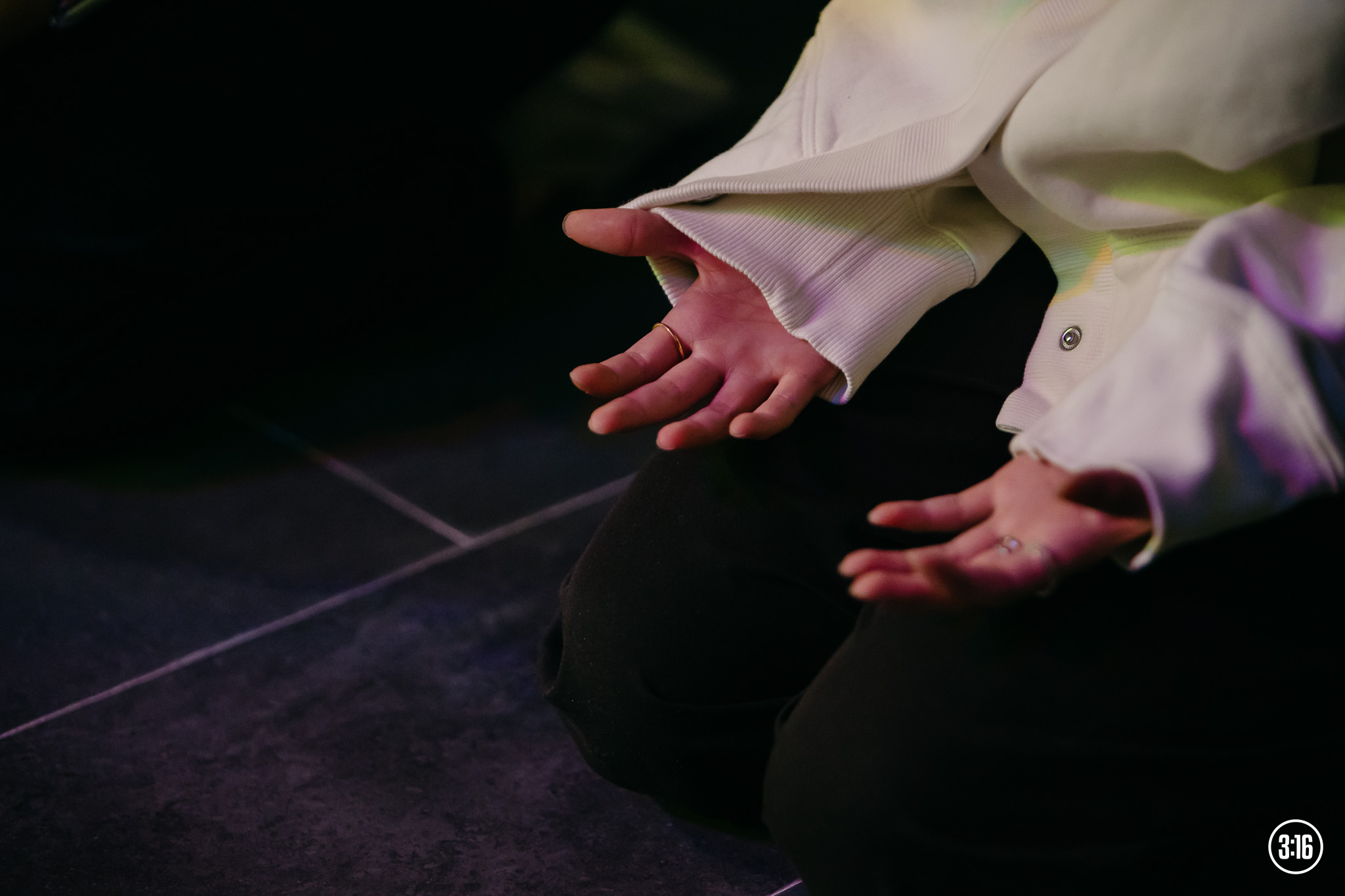I am someone that others might call a church-hopper. I’m only 28, but I’ve changed church four times already.
I’m writing this to tell anyone reading: Don’t make the same mistakes I did.
Growing up, I’ve had my share of impulsive and wilful decisions. I allowed the emotional part of me to dictate my choices. It was no different with the church hopping.
I was born a Christian and I attended church from a young age. Like everyone else, I had my needs – I wanted to be loved and be part of a church community where I belonged. Failing to experience that was the reason I decided to leave church for the first time at 15 years old, stepping out of the community I’d grown up.
I failed to manage my expectations of a loving church community. I failed to realise that the church was full of broken people like myself. I was chasing after unreasonable expectations, and it resulted in me getting hurt over and over again.
Changing church was my way of running away from the people who hurt me. Out of sight, out of mind. But what I didn’t realise was that I was just setting myself up for other people in other churches to hurt me, too. And this happened over and over again.
Only now – four church-hops later – have I begun to see what I was getting myself into. I realised that if I don’t learn how to manage my expectations of people, and shift my focus back to God, the cycle will just keep repeating.
I failed to realise that the church was full of broken people like myself. I was chasing after unreasonable expectations, and it resulted in me getting hurt over and over again.
If you’ve been thinking of a change of church scene, maybe the lessons I learnt will help you, too.
WHY I LEFT EACH CHURCH – AND WHY I SHOULDN’T HAVE
1. I WAS HURT.
I was not the most demure girl, not your typical girly girl. So I found myself being teased for being a boy in a girl’s body. As I was bullied by the boys in my class, I chose to stick to my female friends – to the point that rumours started to spread about my sexuality. I found myself having to explain myself to my youth leaders in my second church.
Also, I struggled with how I expressed myself, so I felt that people rejected me. When the girls in my cell group went out together, they would not call me along. This happened over a period of 5 years and I became more and more bitter.
How is this being loving? I found myself asking.
But as the saying goes: “Hurt people hurt people.” The church was, still is, and should be a place for broken and hurt people.
In my own hurt, I failed to understand that the others around me were also the products of their own hurt, their own baggage, their own journey of learning as teenagers then. They were making mistakes, too, just like I had been. I wasn’t mature enough then to forgive and work things through with them.
Still, the process taught me what it means when God instructs us to let our speech be with grace and seasoned with salt (Colossians 4:6) and to only choose words that edify and impart grace (Ephesians 4:29). Being on the receiving end, and bearing all that hurt, was not easy to bear.
2. I WAS BURNT OUT.
Looking for something to fill the void in my heart, I decided to keep myself busy. I started to serve in the worship ministry as a projectionist, and eventually increased my involvement to 5 different ministries. On top of that, I was helping out at other events in church.
It was tiring and I did not spend time with God, seeking His face, drawing strength from Him. There was output – but no input.
And so my walk with God went dry. I started serving on my own strength and I was drained out. There was no growth in my walk with God. In my joylessness, I looked for a quick fix by changing church again.
Looking back, I realised that I had lost my first love. I had forgotten the point of serving – it’s not about how we serve, but whom we serve. We serve out of gratitude to God, for what He has done in our lives. The solution shouldn’t have been to run away, but to run to Him, to shift my focus back on the original intent, and realign my heart with His.
3. I WAS TOO SELF-CONSCIOUS.
Having been in a church for more than a decade, I felt that people thought they knew all about me – my strengths and my weaknesses, what I was up to, what I was thinking. I started to become very self-conscious of their impression of me, and tried hard to reverse that impression. But the more I tried, the more tired I became. I wanted a new start.
Going to a new church and being in a new community seemed the easiest way out for me. It’s easier to start on a clean slate than to try to clean up a blot of ink.
So I changed churches, one after another, in a futile attempt to appear to be that holy Christian – to hide my flaws so that people would not have a negative impression of me. I was trying to gain acceptance from people in church.
The solution shouldn’t have been to run away, but to run to Him, to shift my focus back on the original intent, and realign my heart with His.
All of us have been through different seasons and experiences that have shape our decisions, leading to where we are today. Whatever the reason is – right or wrong, fair or unfair – the key is making sure that, having learnt our lesson, we don’t repeat the same mistakes.
We may not be able to rekindle the friendships we walked away from in previous communities. We may not be able to ask for forgiveness to those we hurt in the process, or personally seek out and forgive those who hurt us. But while we may not be able to go back to a physical space, we can always move forward to a better place of heart.
Whichever church, fellowship or faith community you’re in now is probably exactly where God intends for you to be. My mistake was that I always viewed the community in terms of what it could offer me. Four churches later, I’m starting to ask the right question: What can I offer this church?









